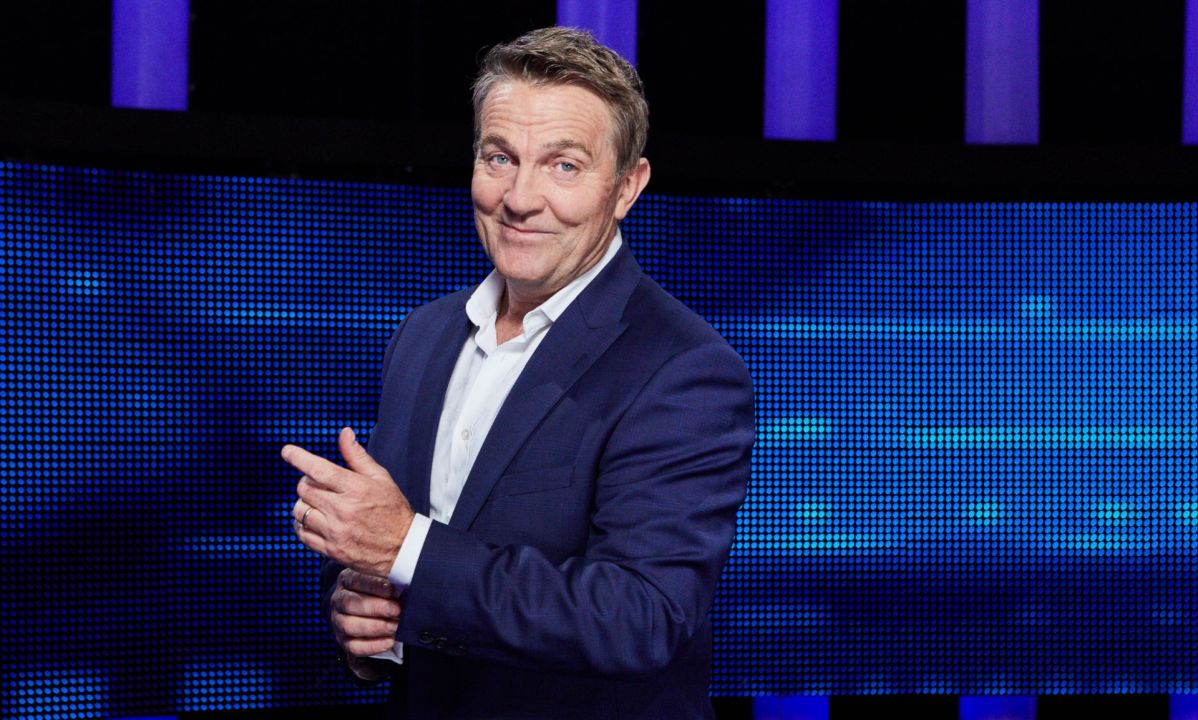Quiz shows on TV – the kind you can join in with at home by shouting the answer at the screen, rather than panel games or tests of skill – seem to be surging with renewed popularity. At its peak last year, Pointless drew in over 7 million viewers, while The Chase averages 3 million viewers an episode and as recently as last week 3.8 million people tuned in to watch The Weakest Link.
Although they’ve been an embedded fixture of television since its inception, quizzes with at least a component of general knowledge involved are taking up more and more of the schedules. A time-travelling viewer from the 70s and 80s would be surprised to discover that pre-watershed comedy or serious discussion programmes had all but vanished in the 2020s, but quiz shows – light and ephemeral – have remained intact.
Revivals of old quiz brands are now heading our way, with Freddie Flintoff helming darts contest Bullseye and Holly Willoughby fronting You Bet! This is on top of the staples – The Chase, Pointless, The Weakest Link – that have sat squarely in the daytime schedule for years.
Quiz shows do not lecture us, or try to change us, or scream in our faces
Why do quizzes remain so popular, when so many other TV formats that we thought would endure forever have curled up and died? I think it’s because it’s really incredibly hard to tamper with their basics.

Get Britain's best politics newsletters
Register to get The Spectator's insight and opinion straight to your inbox. You can then read two free articles each week.
Already a subscriber? Log in








Comments
Join the debate for just $5 for 3 months
Be part of the conversation with other Spectator readers by getting your first three months for $5.
UNLOCK ACCESS Just $5 for 3 monthsAlready a subscriber? Log in